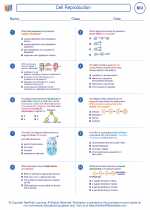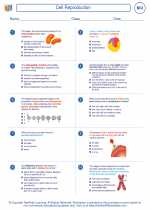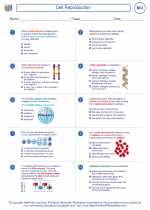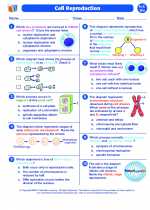Epimorphosis
Epimorphosis is a process of regeneration that involves the regrowth of lost or damaged body parts in animals. This process occurs through the proliferation and differentiation of cells to replace the missing tissues. Epimorphosis is a crucial mechanism for the survival and adaptation of organisms, allowing them to recover from injuries and maintain their bodily functions.
Mechanism of Epimorphosis
During epimorphosis, the regenerative process is initiated by the activation of specific signaling pathways and gene expression that promote cell proliferation and tissue growth. The damaged tissues release signals that stimulate nearby cells to divide and differentiate, forming a blastema - a mass of undifferentiated cells that will develop into the new tissue. The blastema then undergoes morphogenesis, where the cells organize and differentiate to restore the lost body part.
Factors Affecting Epimorphosis
Several factors can influence the efficiency of epimorphosis, including the extent of the injury, the organism's age, and its overall health. Additionally, environmental factors and the availability of resources can impact the regenerative capacity of an organism.
Importance of Epimorphosis
Epimorphosis plays a vital role in the ability of organisms to recover from injuries, defend against predators, and adapt to changing environments. Understanding the mechanisms of epimorphosis has significant implications for regenerative medicine and tissue engineering, offering potential insights into developing new therapies for human health conditions.
Study Guide for Epimorphosis
- Define epimorphosis and its significance in the survival of organisms.
- Describe the cellular and molecular mechanisms involved in the process of epimorphosis.
- Explain the formation and function of the blastema in the context of epimorphosis.
- Discuss the factors that can influence the efficiency of epimorphosis in organisms.
- Evaluate the potential applications of epimorphosis research in regenerative medicine and tissue engineering.
◂Biology Worksheets and Study Guides High School. Cell Reproduction

 Worksheet/Answer key
Worksheet/Answer key
 Worksheet/Answer key
Worksheet/Answer key
 Worksheet/Answer key
Worksheet/Answer key
